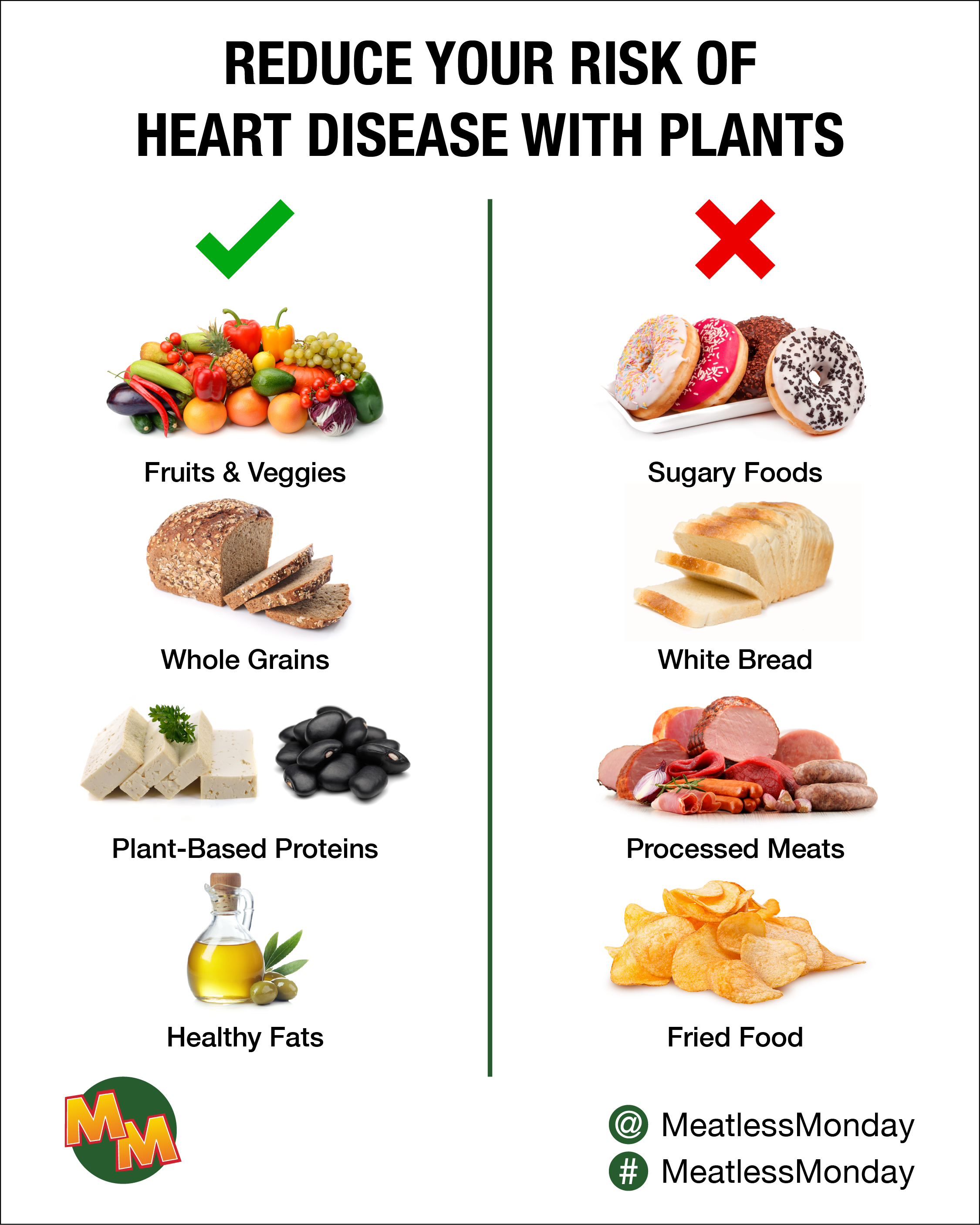Low-fat Food to Reduce the Risk of Heart Disease

What are Low-fat Foods?
Low-fat foods are those that contain less than 3 grams of fat per serving. These foods are typically high in nutrients and low in calories, making them an excellent option for those looking to maintain a healthy diet. Examples of low-fat foods include fruits, vegetables, whole grains, lean meats, and low-fat dairy products.
Benefits of Low-fat Foods
Low-fat foods offer a range of health benefits, including:
- Reduced risk of heart disease
- Reduced risk of stroke
- Improved cholesterol levels
- Lower blood pressure
- Improved weight management
- Reduced risk of certain cancers
How to Incorporate Low-fat Foods into Your Diet
Incorporating low-fat foods into your diet is easy. Here are some tips:
- Choose lean meats such as chicken, turkey, and fish instead of red meat
- Replace high-fat dairy products with low-fat alternatives
- Choose whole grains instead of refined grains
- Limit your intake of processed foods and snacks
- Snack on fruits and vegetables instead of high-fat snacks
Drawbacks of Low-fat Foods
While low-fat foods offer many health benefits, they can also have some drawbacks:
- Low-fat foods may be higher in sugar to compensate for the lack of fat
- Low-fat foods may not be as filling as high-fat foods, leading to overeating
- Low-fat diets may not be suitable for everyone, particularly those with certain medical conditions
Conclusion
Incorporating low-fat foods into your diet is an effective way to reduce the risk of heart disease and improve overall health. However, it is essential to balance your diet with a variety of foods to ensure that you are getting all the nutrients your body needs. Consult with a healthcare professional before making significant changes to your diet.
FAQ
Q: Are all low-fat foods healthy?
A: Not necessarily. Some low-fat foods may be high in sugar or artificial ingredients. It is essential to read labels and choose whole foods whenever possible.
Q: Can a low-fat diet help with weight loss?
A: Yes, a low-fat diet can be an effective way to lose weight. However, it is important to maintain a calorie deficit and exercise regularly.
Q: Are low-fat diets suitable for everyone?
A: Low-fat diets may not be suitable for individuals with certain medical conditions or those who require higher fat intake, such as athletes or pregnant women. It is important to consult with a healthcare professional before making significant changes to your diet.
Q: Can low-fat foods be expensive?
A: While some low-fat foods, such as organic produce, can be expensive, there are many affordable options available, such as canned and frozen fruits and vegetables and whole grains.
